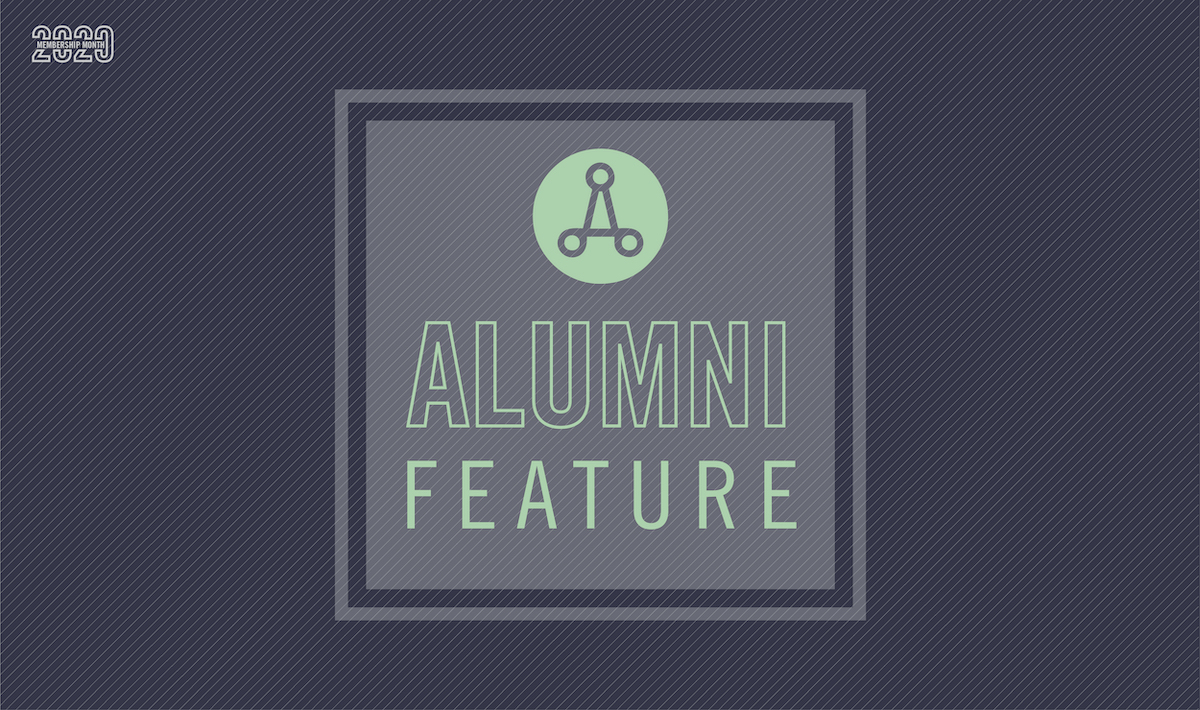Four years ago as part of the 60th anniversary of the AIAS, alumni members were nominated by their peers to be featured on the AIAS website, complete with biographies and interviews. As part of the 2020 Fall Membership Month, we want to republish these highlights and share them with you again! Titles and work locations may have changed in the past years, but their advice and experiences are as pertinent as ever. We hope you are inspired by these AIAS Legacy Alumni and follow the links to their full interviews!
Shannon Kraus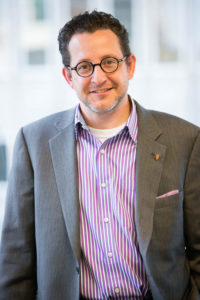
How can someone best change the world?
“Change can happen with small first steps. It starts by caring and engaging with it. You shape the world both by your decisions to be involved and your decisions not to. Both have impacts, but only by being involved can you positively influence how it evolves.”
How can someone be a better designer?
“As it relates to architecture, by focusing on the entire building and construction process. By thinking beyond the limits of the project and towards its impact on a community, a neighborhood or user.”
Click here to read the full interview. Also featured in #askanarchitect here.
Wandile Mthiyane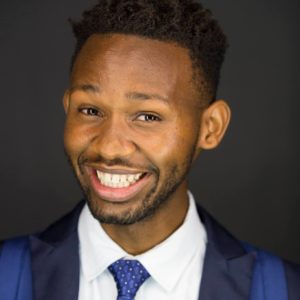
How can someone be a better designer?
“The day you start designing everything with the user (people) in mind–rather than your ego–is the day you will become a great designer. Just remember that it is not about us–it’s about and for the people.”
What is a decision or action you made in school that influenced your trajectory?
“I stopped caring about being the best guy in studio and started searching for ways of changing the world by using the little skill I posses. I also realized that there is progress in the process.”
Click here to read the full interview.
Ted Mikulski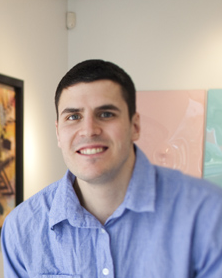
What is one tip you would give yourself in your 20s?
“I’m pretty satisfied with the path I took, but if there is one piece of advice, it would be not to take things so seriously and enjoy the first few years out of school. There is plenty of time for seriousness once you have a family and more responsibility.”
How do you define work-life balance and how is it achievable?
“I focus on halting work completely when I Ieave my office. It took me years to not be constantly thinking about work and new ideas, but eventually, you realize how much you’re missing out on. Work isn’t everything, and delegating some of our responsibilities to those that could use the experience is important.”
Click here to read the full interview.
Andrew Caruso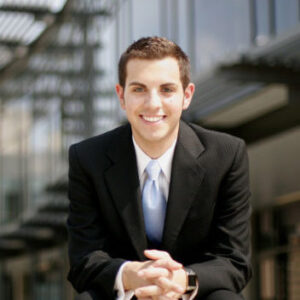
What is one tip you would give yourself in your 20s?
“Looking back, I expected to “plan” my future too much… I think it’s important that early career professionals meaningfully consider broad potential pathways for their future, especially those that seem less defined within our current concept of architectural practice.”
How did your experience with AIAS help you to achieve your goals?
“AIAS provided three unique opportunities: (1) it taught me the value of building relationships, (2) it gave me the opportunity to learn and practice leading complex projects and organizations, and (3) it shaped and challenged my point of view on the profession’s most pressing issues.”
Click here to read the full interview.
Vaughn Horn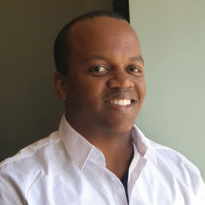
How can someone be a better designer?
“When design becomes the voice for the voiceless, the designer is made better. When designers avail themselves to the rich amounts of social data on how people interact and how cities actually work, Design (capital D) leads the way to aggressively combat many of the social ills we encounter daily. Purposeful design is always better than design for design’s sake.”
How can someone best change the world?
““Why not me?” is the mantra that drives change in this world. I encourage my students and younger colleagues whom I mentor that it is incumbent upon each of us not to fear the responsibility that comes with change when we utilize our gifts whether through design, oration, writings or organizing.”
Click here to read the full interview.









